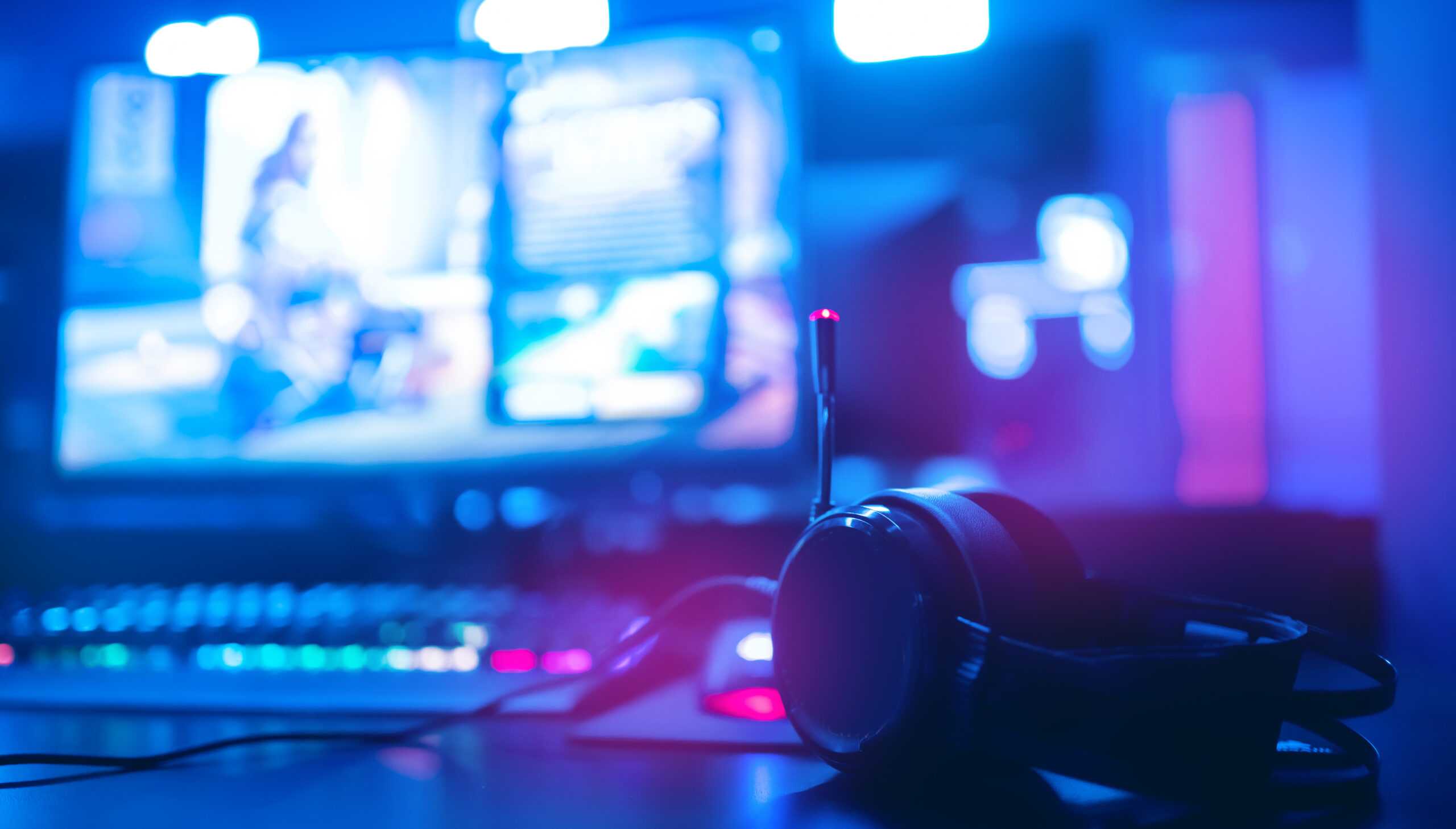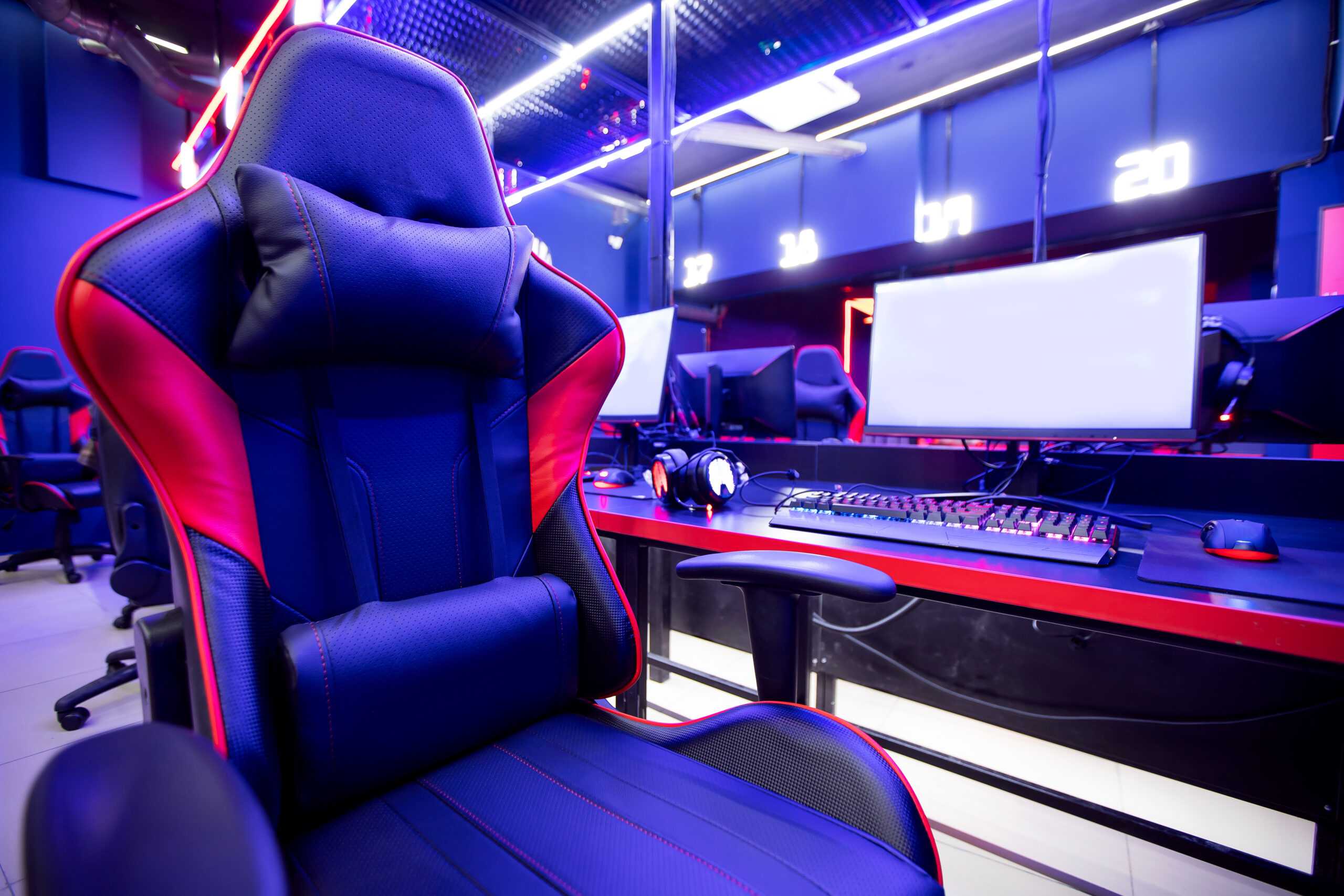Thanks to gaming’s overall growth trajectory – and being thrust into the spotlight during the pandemic while traditional sports were on hiatus – esports have never been more popular. But all the newfound attention has revealed esports’ warts, not just its beauty marks. PED usage has been occasionally tied to competitive gaming since the inception of esports, but in recent months, a Washington Post expose and a full confession from a pro player have illustrated just how widespread the problem actually is today.
100 Thieves player Cuyler “Huke” Garland acknowledged taking Adderall during Call of Duty League competition as a member of the Dallas Empire from 2019-2020, including his championship win in 2020. Prior to the confession, in February 2020, Call of Duty World Champion Adam “KiLLa” Sloss commented on the widespread use of Adderall in esports: “Nobody talks about it because everyone is on it. […] [I have] witnessed it very frequently and a lot to be honest.”
It’s been revealed that professional CS:GO, Overwatch, Halo, Gears of War, and Fortnite players have been taking the drug as well, and the full extent of the problem still isn’t completely known. And while some players have called for corrective actions to be taken, the problem is that the rules are hazy. Many leagues do not test for or prohibit Adderall or similar drugs, while some players have simply dodged the issue with medical waivers.
The lax enforcement of drug use in esports has helped create an environment where any measures that the players can take to increase their performance will be taken because of immense desire to succeed. Moreover, most market participants have a strong disincentive to confront the problem head-on when players are performing at their peak and tournaments are drawing large viewership. As with baseball’s steroid era, ultimately the esports industry must confront this problem sooner rather than later. Sponsors will not want to be associated with cheating or tainted players, teams, or tournaments.
According to Interpret’s Esports Replay™, most gamers take a negative view of cheating as well, as almost three-quarters of esports viewers agree that cheating/hacking ruins the experience in a game. Esports stakeholders may not want to “rock the boat,” but turning a blind eye will simply sink it instead.






